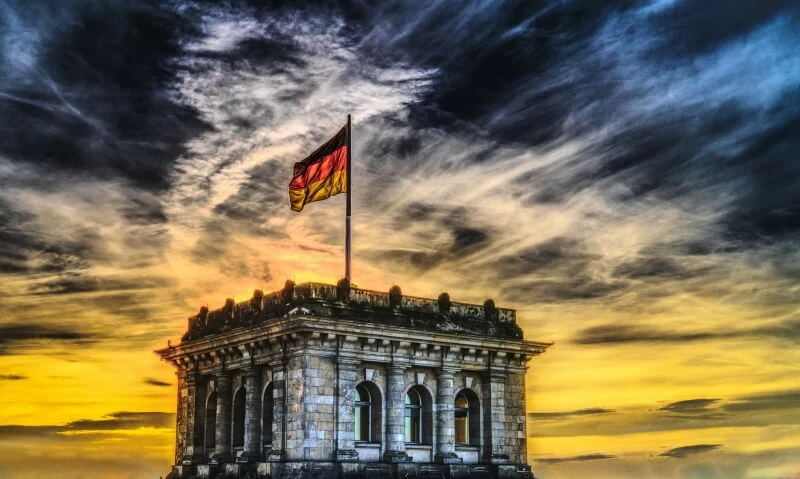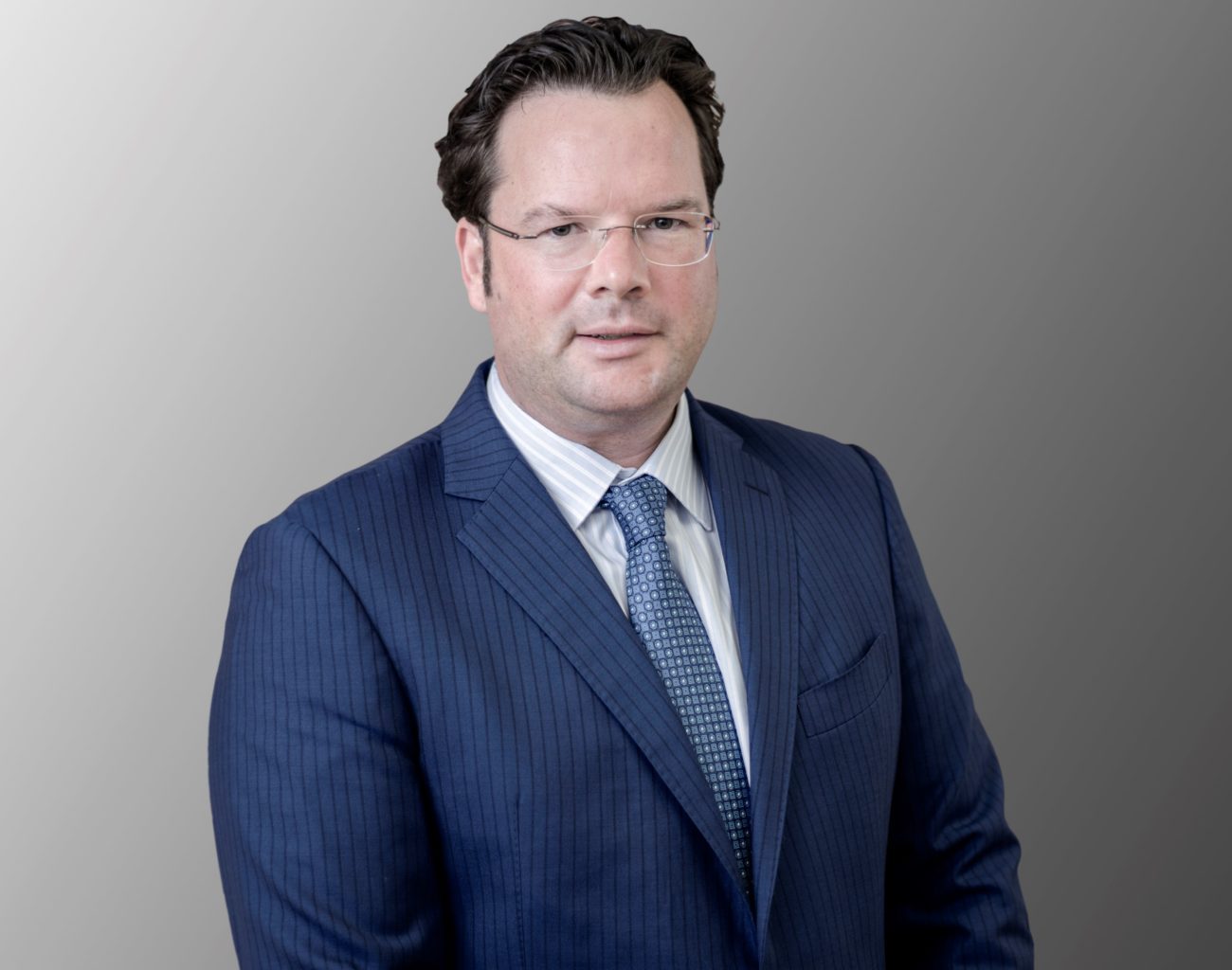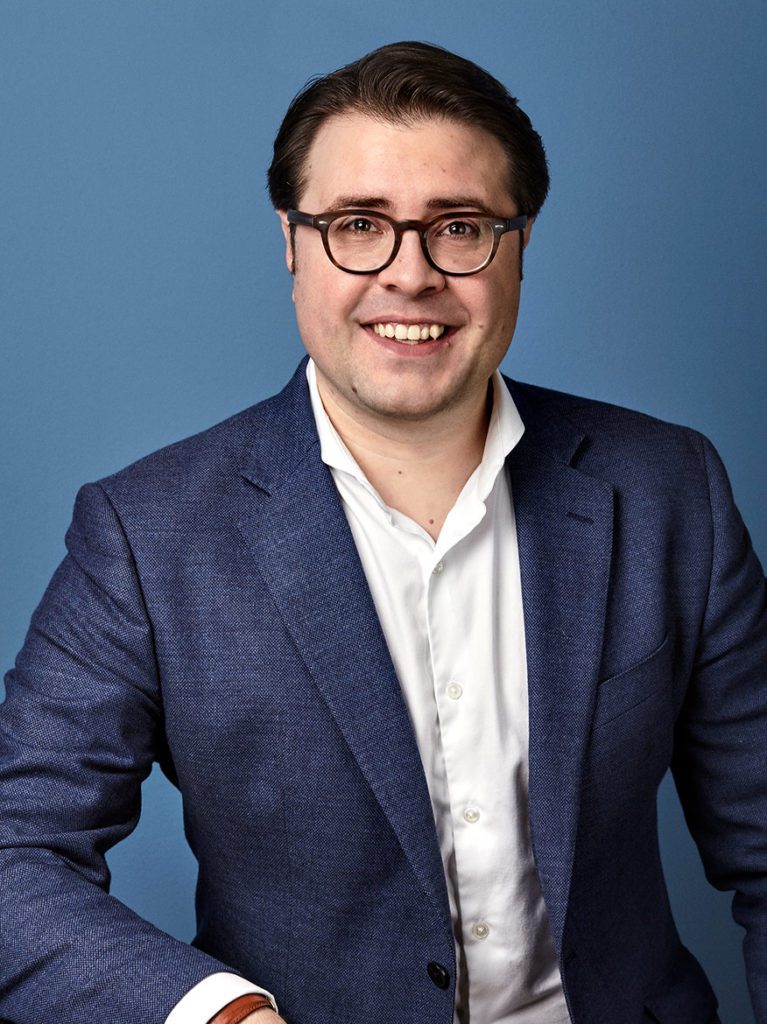Stilted progress in Germany

If 2020 began with hopes of a new era for German gambling, things quickly returned to their previous pattern of delays and recriminations.
The opening of the sportsbook licensing process under the third amended State Treaty on Gambling (Glücksspielstaatsvertrag/GlüStV) quickly ground to a halt after a legal challenge from Austrian bookmaker Vierklee.
Elsewhere, the announcement that the 16 federal states had agreed on a new regulatory framework was greeted with delight, especially as it was initially announced that this would incorporate online casino as well as betting. However, the publication of the Glücksspielneuregulierungstaatsvertrag (GlüNeuRStV) then revealed that this liberalisation would not in fact be very liberal at all.
Slot stakes were capped at €1, with the €1,000 blanket deposit cap included in the GlüStV carried over, but expanded to all products. Furthermore, slots would be subject to a minimum spin duration of five seconds.
Table games, meanwhile, were to be kept separate from slots and poker. Under the GlüNeuRStV, states may only issue as many table games licences as they have brick-and-mortar casinos. This means most states would only be able to issue one licence – something that they are also given the option of handling to the state lottery.
GVC Holdings, which operates brands such as Bwin, Ladbrokes and Sportingbet, has announced that these restrictions are likely to reduce earnings by approximately £70m (€77.6m/$90.9m) next year.
Furthermore, this was all to be regulated by a new authority based in Sachsen-Anhalt. Not Hesse, with experience of handling a complex (and ultimately eight-year-long) licensing process, nor Schleswig-Holstein, with its experience of overseeing a market in which casino is permitted.
However, at a glance it appears the year is ending on a more positive note.
The sports betting licences were finally issued on 9 October, after Vierklee’s challenge was withdrawn. That, at least, offers the licensees a degree of long-term certainty. They will be able to operate under these licences until the end of 2022, after which they will have to apply for a new licence under the GlüNeuRStV.
The licensees will not even have to temporarily remove their casino products – as the regulatory authority, the Regional Council of Darmstadt, had previously ordered – thanks to a transition period in which slots and poker can be offered.
Transitional uncertainty
This transition, however, has not been entirely smooth. Despite news of lawmakers discussing the online casino transition period emerging in September, it was not until 1 October that an agreement was confirmed.
Dominic le Garsmeur, vice president of gaming products at Scientific Games Digital, admits the speed at which things went from the agreement to implementation was something of a surprise.

“We’ve all learned about the importance of keeping our ears to the ground to know what’s happening, and not wait for official notification,” he says.
Those that had waited would have been left with just two weeks to implement a host of player protection measures, including deposit limits.
“The time to implement the transition was not reasonable,” Luka Andric, managing director for operator association Deutscher Sportwettenverband (DSWV), tells iGB. “We made it perfectly clear that it’s not proportionate to ask for so many changes in such a short period of time.”
This did prompt states to give operators some leeway, with a two-month extension to implement the €1 slot stake cap and five-second spin duration. As Andric points out, this is only fair, due to the nature of the changes required, which the DSWV has previously said would take months rather than weeks to implement.
The short timescale is not the only issue, gambling lawyer Dr Wulf Hambach adds. He explains that the transition period requires operators to issue a declaration stating they believe they are compliant – but it is currently unclear where that declaration goes.
“You don’t have a clear competent authority, who checks whether an operator is compliant,” he says.
“There are a lot of questions around the guidelines. Here you are just expected to comply with the legislation a year before it comes into force, without having technical guidelines or secondary legislation, or even a regulator in place.
“But all the details that are regulated in the Treaty now seem to be binding and must be fulfilled.”
He points out that while the transitional framework was agreed by the heads of state, it was the Glücksspielkollegium that played a key role in actually drafting the terms. In Hambach’s eyes, such a restrictive system – and one that states those who comply have no legal right to a licence once the GlüNeuRStV comes into force – is down to one of the most controversial elements of the German regulatory landscape.
Democratically legitimate?
The Glücksspielkollegium is a body whose official remit is to aid states in coordinating activities related to the regulation of gambling. While it is due to be phased out by the end of 2022 under the GlüNeuRStV, it continues to exert an influence over proceedings.
And yet its very existence has been ruled to contravene the German Constitution. A 2015 legal challenge, filed in Hesse’s Wiesbaden Administrative Court, saw the presiding judge declare that as the Glücksspielkollegium’s actions could neither be attributed to the federal government, nor a competent state authority, it “lacks sufficient democratic legitimacy”.
At this point, it was due to have a final say on which licences were awarded under the third GlüStV. Following the court ruling, which ended that particular licensing push, it was not until the Regional Council of Darmstadt took full control of the process that operators were ultimately handed certifications. Nevertheless, the lack of a competent regulatory authority for online casino and poker has seen it once again play a key role in the transition period.
“While on a political level the state chancellors are more sophisticated and in favour of progress […], they trusted the Glücksspielkollegium to map out what is feasible or not,” he says. “It’s a joke.”

The fact the Glücksspielkollegium was needed to play this role – though lawmakers in Hesse and Schleswig- Holstein may dispute this – is largely the result of that lack of an authority capable of taking charge. Because ultimately there is no focal point for operators during that transition period.
Leadership vacuum
“Every one of the 16 Länder [federal states] will continue to be responsible for enforcement,” Andric explains. And across the states, with differing political viewpoints and different stances on gambling, there is far from a united front.
“[So] Bavaria or Nordrhein-Westfalen might still see something as compliant, that the authority in Hamburg may consider out of bounds,” he says. “That’s something we’ve seen in the past – there tend to be disagreements among the 16 regulatory authorities.”
Le Garsmeur adds: “There’s a lot of uncertainty as to how the German states decide to police the regulations. It’s unclear whether they follow different approaches to issuing licences.
“[They’ve] been very clear on what they want to see from product requirements and the responsible gaming tools they require for customers, but the way in which it’s going to be governed remains to be seen.”
The potential for inconsistency, Hambach says, is highlighted by Hamburg and Bremen, which have already claimed they consider online gambling to remain illegal, suggesting they may find themselves criminally liable if they comply with the toleration. This is “completely absurd”, he adds, but throws into sharp relief the issues created by a lack of a competent authority.
“It makes sense to tolerate certain products, but not to regulate without a competent authority, and to implement licence conditions without technical regulations,” he says. “The technical knowledge of regulators outside of Schleswig-Holstein and Hessen is seriously lacking.”
The body that is meant to fill this leadership vacuum is the new Sachsen- Anhalt-based authority. However, Andric estimates that it could take another two years to establish this regulator.
“They have a taskforce working in the Ministry of the Interior, and at the moment they are concerned with questions such as finding real estate and hiring staff, so they are working on the basics, and not are not at the stage of engaging with operators or dealing with policy issues,” he says. “They are only just starting.”

Hambach, meanwhile, doesn’t see the value in starting afresh, again: “Why Sachsen-Anhalt, which has never licensed anything before? And they should know that licensing anything is not easy, especially as sports betting has failed twice. It’s a short timescale for them to do a lot of learning.”
It’s worth noting that despite the tortuous process, the industry is largely unanimous in its praise of the regulators at the Hesse Ministry of the Interior and Sport (HMDIS). Andric points out it was willing to stand up for the industry, with little support from other states.
“They’ve been consistently calling for reasonable policy reforms, have been outward-looking, coordinating with colleagues in other EU member states, and were most open about having a dialogue with the industry and listening to all sides,” he says. “In comparison, other Länder simply weren’t willing to engage with the industry. HMDIS has done an excellent job, in a very difficult position as one voice among 16.”
Instead, it is the new body in Sachsen- Anhalt that is tasked with building the same relationship with the sector in two years, rather than the eight HMDIS had.
And it’s not just the private operators that see the dangers posed by the lack of a regulatory focal point. The Deutscher Lotto und Totoblock, Germany’s powerful association of state lotteries, that was once seen as a barrier to online casino regulation, has been quick to add its voice to calls for rapid progress on establishing the authority.
“In terms of effective youth and player protection, the supervisory authority in Sachsen-Anhalt must be ready to take charge as quickly as possible,” Lotto Baden-Württemberg MD Georg Wacker says. “The legal ‘guard rails’ must be controlled and violations sanctioned, otherwise the new State Treaty is nothing more than many pages of paper.”
However, the GlüNeuRStV must still be ratified in the Sachsen-Anhalt state parliament. This must occur
by 30 April next year, with the small matter of secondary legislation being finalised and notified to the European Commission to contend with as well.
While some lawmakers in that chamber, along with their counterparts in Saarland, have suggested they will vote against it, Andric dismisses this as “sabre rattling”.
“It’s political noise,” he says. “We don’t see a serious threat to the State Treaty passing.”
Ultimately, Andric continues, after eight long years of false starts and dashed hopes Germany’s 16 Länder are at a point where they can conclude negotiations and put the issue of online betting and gaming regulation behind them for a period.
“Considering the European Commission hasn’t intervened in the notification process, it’s a fairly safe bet to assume that this ratification will go through without major problems,” he predicts.
“But there have always been surprises in the past – you should never say never.”
Hambach, on the other hand, is sure that there is more wrangling to come.
“I see a lot of court decisions ahead, on the Treaty before it comes into force, and even afterwards, because the industry is just not happy,” he says. “For example, the fixed inflexible limits, this is something other jurisdictions don’t do; they have flexible limits for high rollers.
The blanket limit-setting for all customers, he explains, is just one aspect of the Treaty that could quickly become obsolete as other jurisdictions move towards more sophisticated affordability checks. Even betting on new events, such as esports, are conspicuous by their absence, in a country that hosts some of the largest tournaments in the sector.
“From my point of view, it’s just a step towards shifting away from prohibition, but there is a lot of work to be done.” Le Garsmeur, however, says that rather than being too harsh, the strict controls “are definitely showing the way the winds are blowing in Europe” with regards to consumer protection measures.
It’s worth noting that while a €1 stake cap seemed to be the outlier in January this year, as the industry moves towards the end of the year, similar measures are being mooted in Great Britain. The €1,000 blanket cap – with limited exceptions for rates of up to €10,000 and €30,000 –- seems almost reasonable compared to Sweden’s SEK5,000 (£440/€486) temporary deposit cap.
This will have a knock-on effect on product offerings, he suggests.
“I think we’ll start to see operators being more selective when it comes to content and services offered to end users,” le Garsmeur says. “Older products are unlikely to be upgraded where development work is required to adhere to these new requirements.
“As an industry, we have to adapt and it’s clear that there will be tighter restrictions moving forward.”
